ECOLOGY
SUSTAINABILITY

Bamboo is one of the fastest growing, renewable resources in the world. It absorbs CO2 in large quantities. With its properties comparable to hardwood, moso bamboo is the ideal alternative to increasingly scarce tropical hardwoods. Below we will explain why dasso® is the most sustainable choice in every phase of its life cycle.
MOSO bamboo
New Generation of hardwood alternative!
The giant bamboo species -- moso bamboo belongs to the fastest growing plants in the world. It reaches its final length of up to 20 meters within a couple of months (with a speed of up to 1 meter a day during the growing season!). It takes the stem around 4-5 years to mature and acquire its excellent hardwood like characteristics (hardness, strength, dimensional stability). This stands in stark contrast with hardwoods. These take over 50 years to mature, are increasingly scarce and often more expensive.
- 1
- 2
- 3
- 4
- 5
- 6
- 7
Sustainable bamboo forestry
One bamboo plant consists of several poles and new shoots will grow from the mother plant every year. Generally 20-25% of the poles in a sustainable bamboo forest or plantation can be harvested each year. This happens without decreasing the number of poles per hectare! The plant does not die after harvesting (as with trees), so no deforestation. On the contrary, by harvesting the mature plants, the yield and quality of the plantation actually increases.
FSC® certification
FSC® is the leading certification scheme for sustainable wood sourcing. It was created to prevent the continuous depletion of forests. Although as being a giant grass with an annual thinning scheme, depletion of forests is not an issue for bamboo, in many building projects bamboo is requested with FSC® certification nonetheless. Since 2008 bamboo is included in the FSC® system and dasso® was one of the first bamboo companies to be certified, and most products can be supplied with FSC® certification.
Responsible production
Apart from sustainable sourcing, dasso® also wants to do what is right in the production phase. Not only for the product quality but also for the environment and the people involved. Therefore we comply with the most stringent norms and procedures regarding quality (ISO 9001) and health and safety (FSC®, ISO 14001).
Healthy indoor environment
A healthy indoor climate is important. In Europe and the USA there are very strict rules and norms regarding indoor emissions of Volatile Organic Compounds (VOCs). In Europe the emission of formaldehyde is regulated in the EN717-1 norm. The maximum tolerated level is called E1 and all dasso® products comply with this. Several dasso® products even comply with the strictest level: E0 – no formaldehyde emission detectable!
Furthermore, all bamboo floors have been rated A and A+ in France with respect to em.
Durable = sustainable
Durability is an important yet often overlooked aspect of sustainability. The longer the lifetime of product the lower the environmental impact will be, simply because it will take longer before you need to replace it. Durability depends highly on the quality and characteristics (such as hardness, density, stability, etc) of the product. dasso® products score very high on all these factors making the product very durable and therefore sustainable!
Easy to recycle
Of course we hope you can enjoy the dasso® product for many years, but there will be a moment when it has ended its life cycle. At that moment another characteristic of bamboo will become important: it is easily recycled, for example as resource to make chipboard. Alternatively, it can be burnt in a biomass energy plant to create green electricity. In this way the use of fossil fuels is reduced.
The future: 100% Cradle to Cradle compliant bamboo
It is clear that dasso®’s industrial bamboo products, made from 90-98%* of sustainably sourced bamboo material from the fastest growing plant on earth, is a natural fit with the biocycle of the Cradle to Cradle (C2C) concept. dasso® is actively working with EPEA Netherlands in collaboration with leading glue manufacturers to develop a 100% Cradle to Cradle compliant adhesive to bind the bamboo strips. Watch these pages for the latest developments.
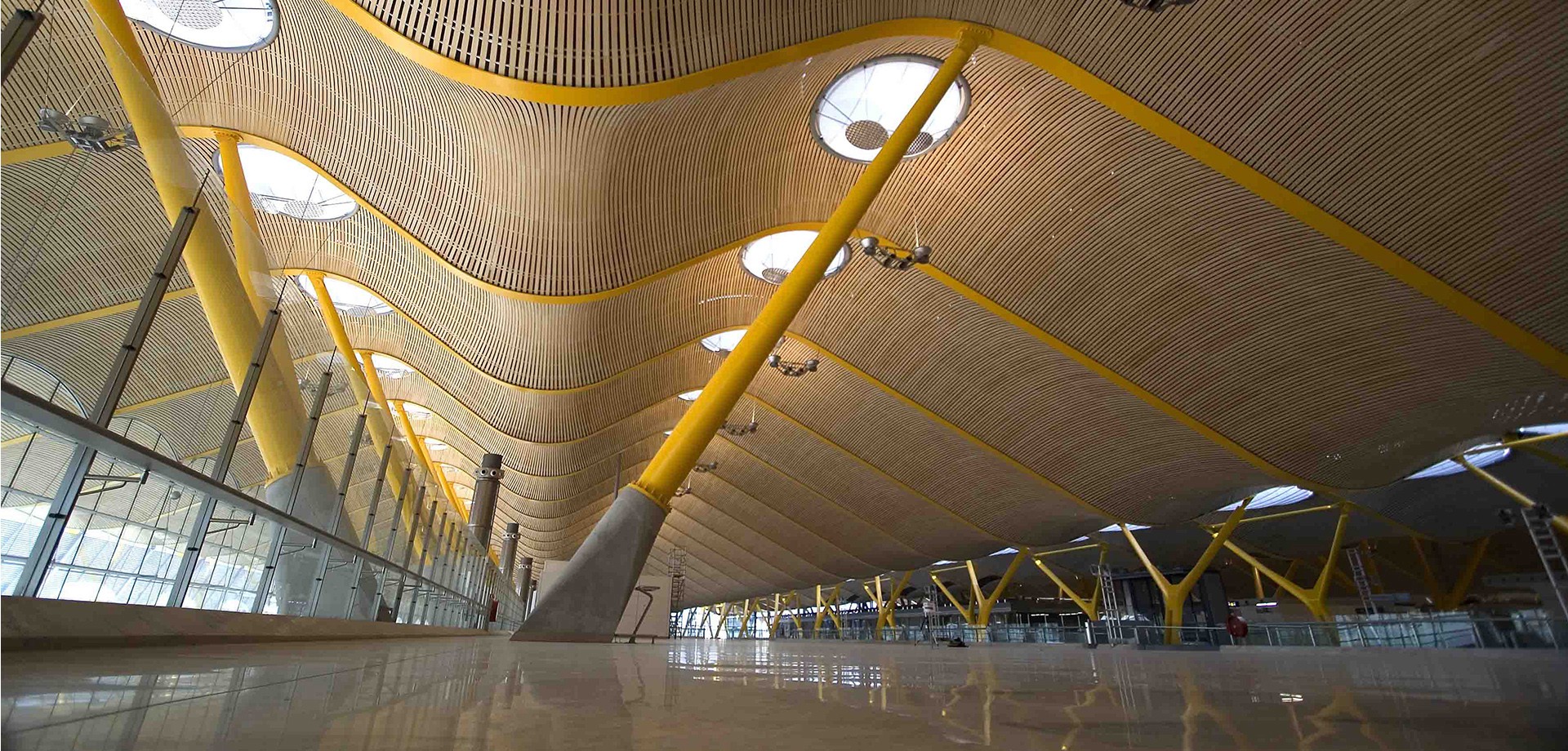
Sustainable bamboo forestry
One bamboo plant consists of several poles and new shoots will grow from the mother plant every year. Generally 20-25% of the poles in a sustainable bamboo forest or plantation can be harvested each year. This happens without decreasing the number of poles per hectare! The plant does not die after harvesting (as with trees), so no deforestation. On the contrary, by harvesting the mature plants, the yield and quality of the plantation actually increases.
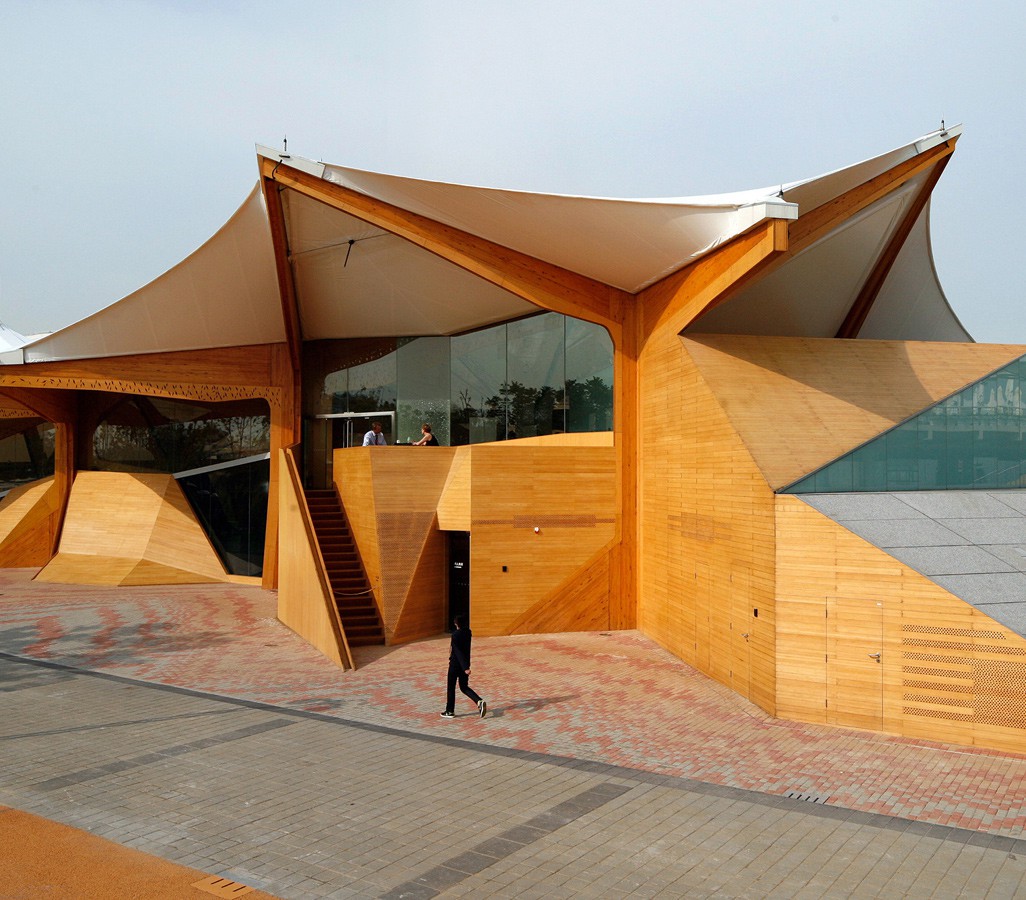
FSC® certification
FSC® is the leading certification scheme for sustainable wood sourcing. It was created to prevent the continuous depletion of forests. Although as being a giant grass with an annual thinning scheme, depletion of forests is not an issue for bamboo, in many building projects bamboo is requested with FSC® certification nonetheless. Since 2008 bamboo is included in the FSC® system and dasso® was one of the first bamboo companies to be certified, and most products can be supplied with FSC® certification.
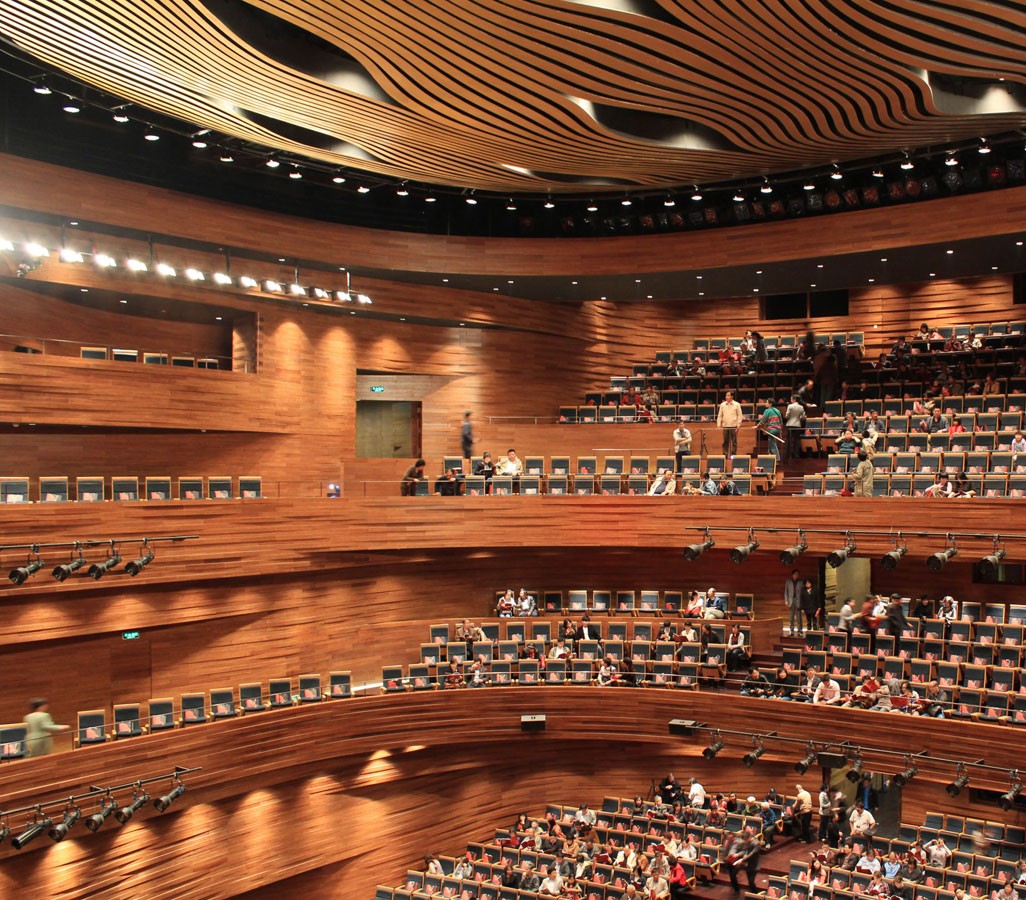
Responsible production
Apart from sustainable sourcing, dasso® also wants to do what is right in the production phase. Not only for the product quality but also for the environment and the people involved. Therefore we comply with the most stringent norms and procedures regarding quality (ISO 9001) and health and safety (FSC®, ISO 14001).
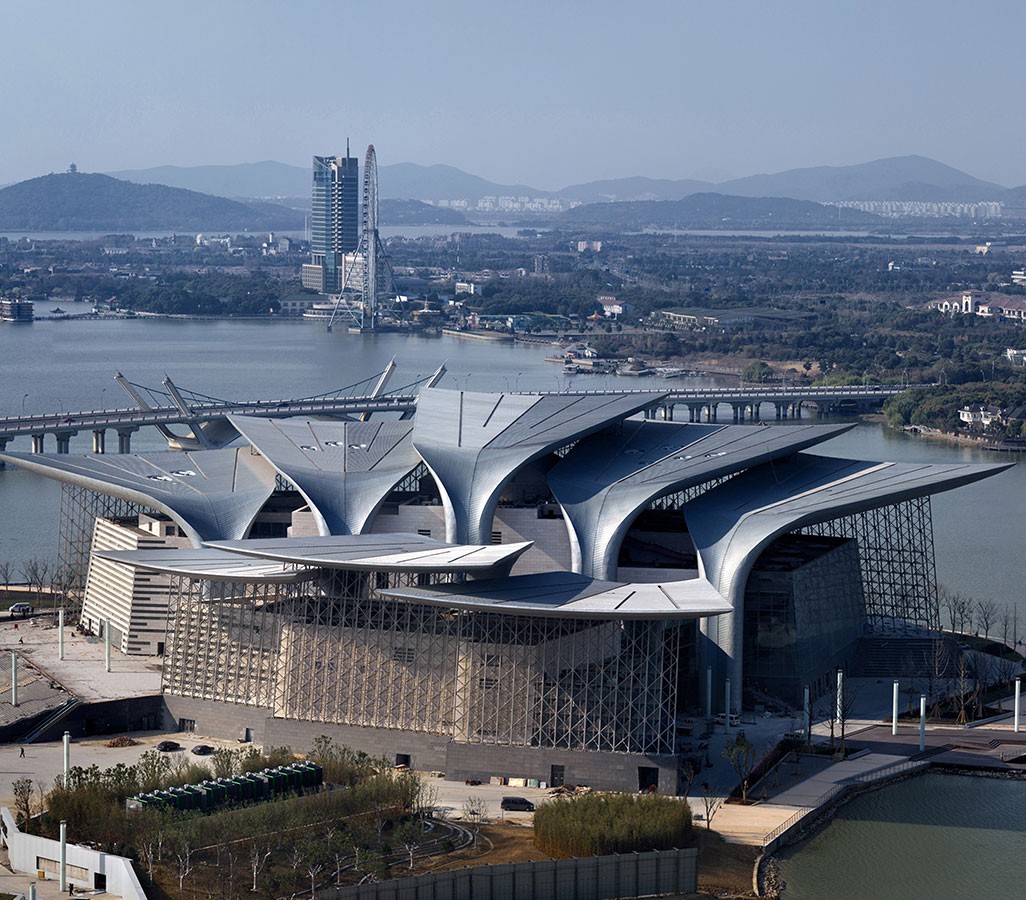
Healthy indoor environment
A healthy indoor climate is important. In Europe and the USA there are very strict rules and norms regarding indoor emissions of Volatile Organic Compounds (VOCs). In Europe the emission of formaldehyde is regulated in the EN717-1 norm. The maximum tolerated level is called E1 and all dasso® products comply with this. Several dasso® products even comply with the strictest level: E0 – no formaldehyde emission detectable!
Furthermore, all bamboo floors have been rated A and A+ in France with respect to em.
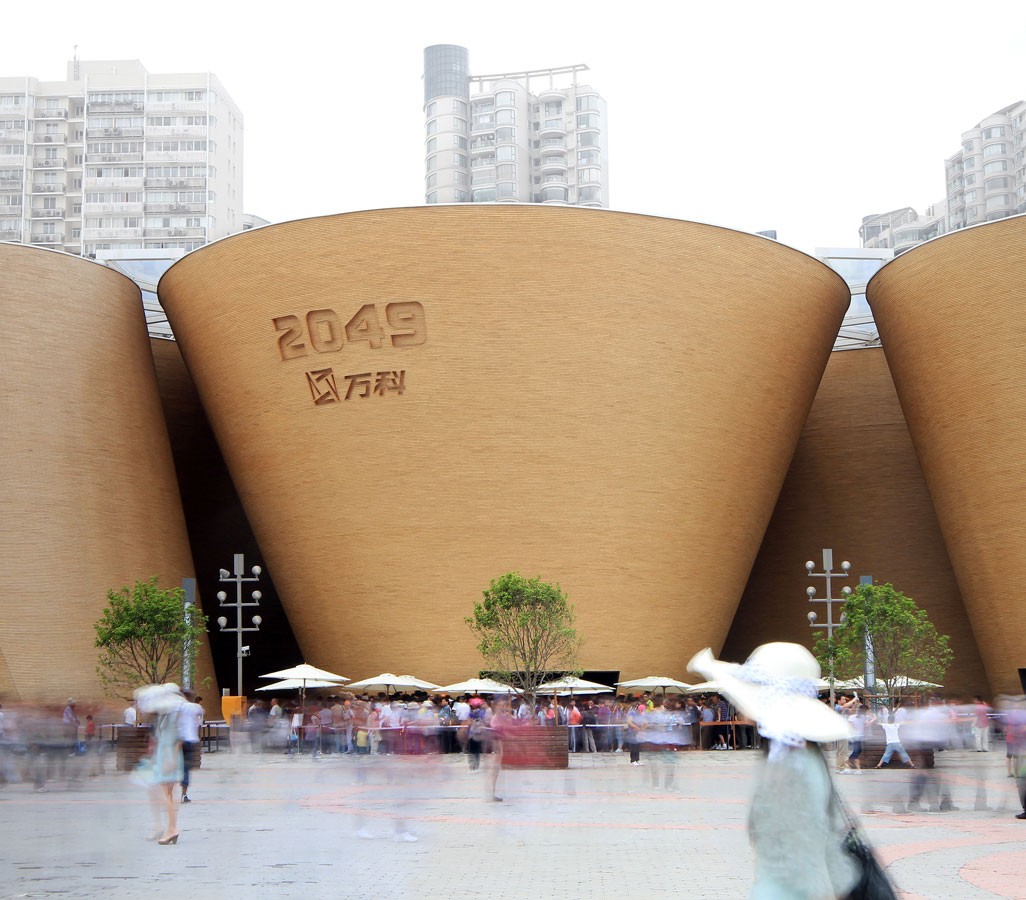
Durable = sustainable
Durability is an important yet often overlooked aspect of sustainability. The longer the lifetime of product the lower the environmental impact will be, simply because it will take longer before you need to replace it. Durability depends highly on the quality and characteristics (such as hardness, density, stability, etc) of the product. dasso® products score very high on all these factors making the product very durable and therefore sustainable!
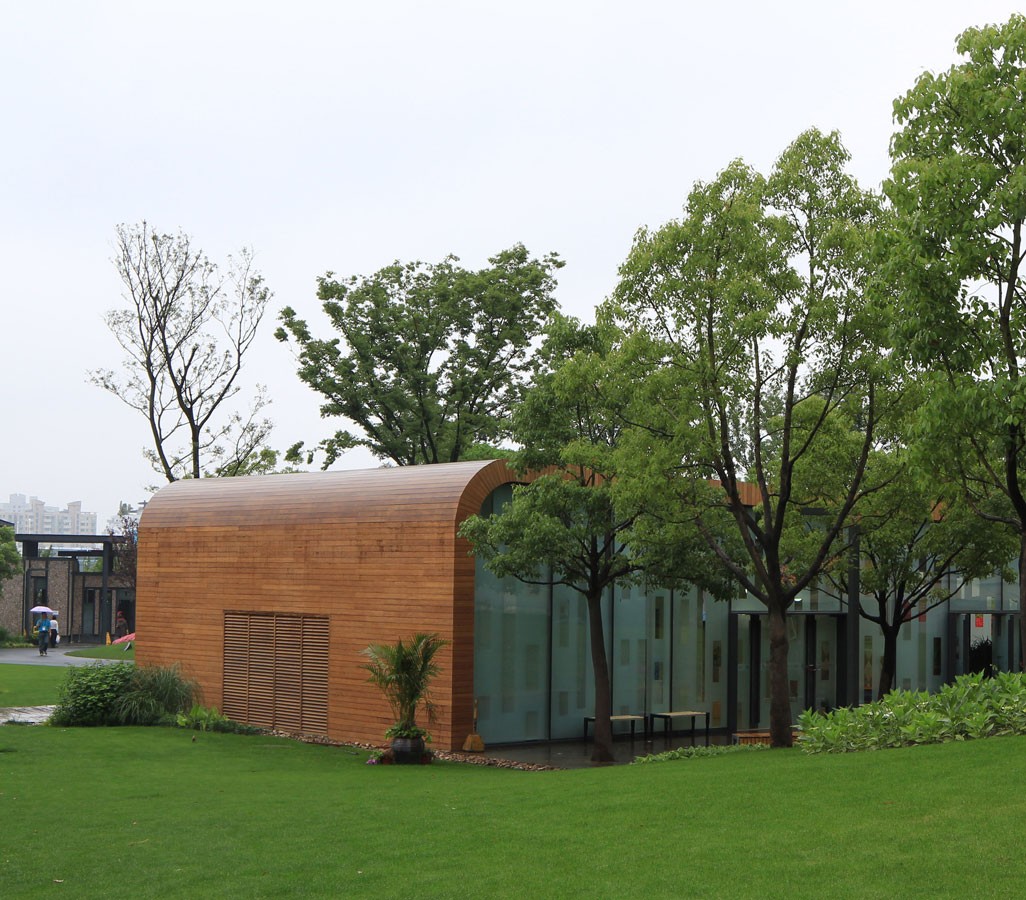
Easy to recycle
Of course we hope you can enjoy the dasso® product for many years, but there will be a moment when it has ended its life cycle. At that moment another characteristic of bamboo will become important: it is easily recycled, for example as resource to make chipboard. Alternatively, it can be burnt in a biomass energy plant to create green electricity. In this way the use of fossil fuels is reduced.
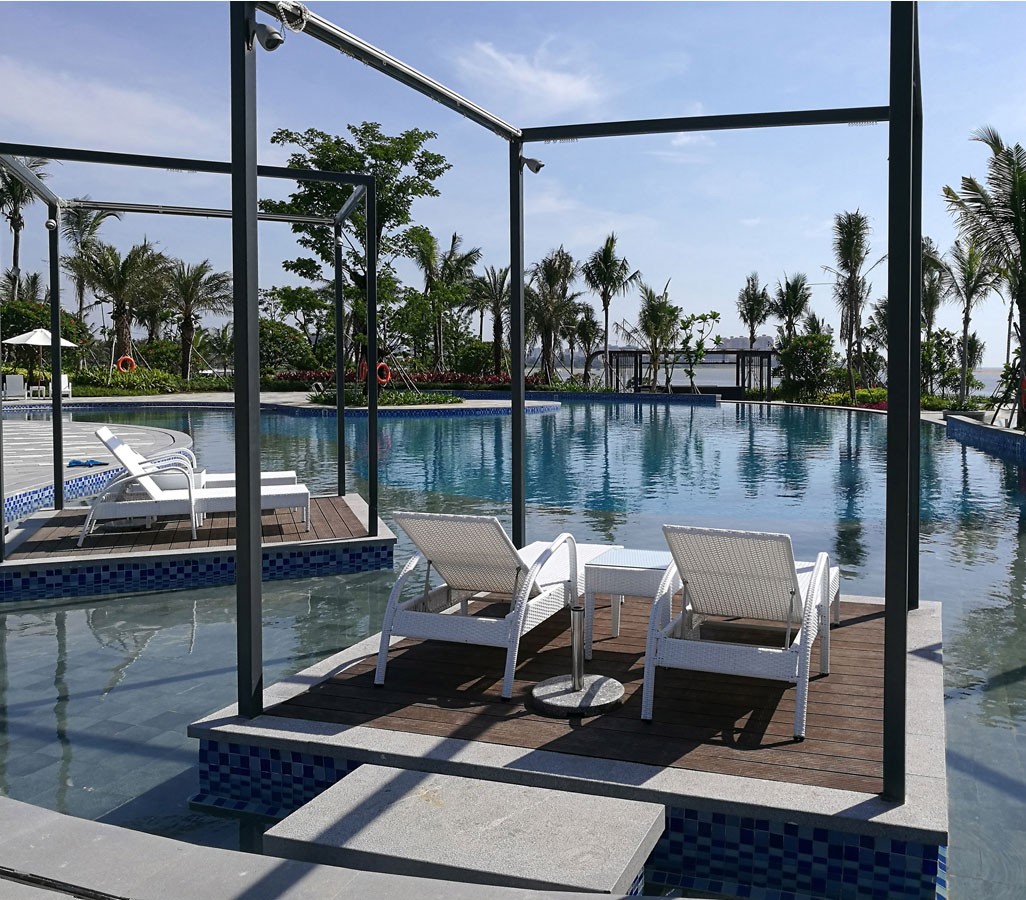
The future: 100% Cradle to Cradle compliant bamboo
It is clear that dasso®’s industrial bamboo products, made from 90-98%* of sustainably sourced bamboo material from the fastest growing plant on earth, is a natural fit with the biocycle of the Cradle to Cradle (C2C) concept. dasso® is actively working with EPEA Netherlands in collaboration with leading glue manufacturers to develop a 100% Cradle to Cradle compliant adhesive to bind the bamboo strips. Watch these pages for the latest developments.




















